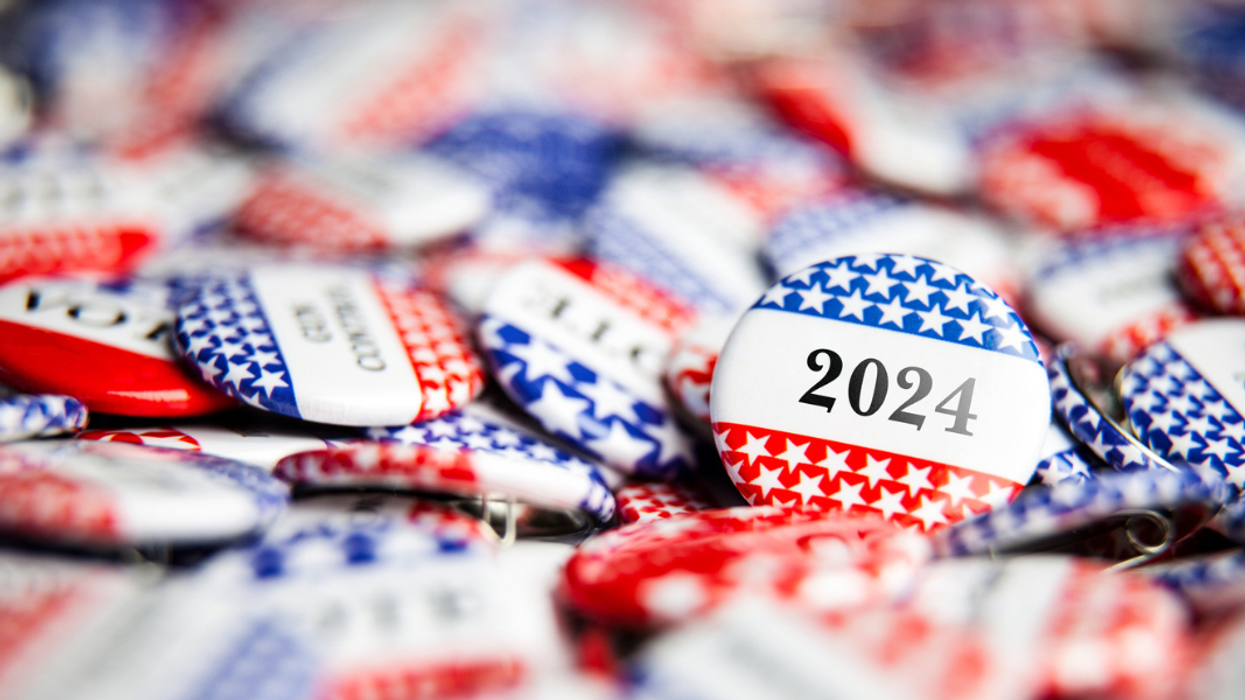Kevin Frazier will join the Crump College of Law at St. Thomas University as an Assistant Professor starting this Fall. He currently is a clerk on the Montana Supreme Court.
America needs a democratic awakening and the 2024 presidential election should provide the forum for that revival. Unfortunately, it seems more likely that the election will provide entertainment rather than fodder for meaningful conversations. That is, of course, unless we demand more from our candidates, our media, and ourselves.
We, the voting public, should demand that candidates provide their assessment on our democratic health and what they plan to do to treat our ailments. In particular, candidates should answer three questions:
First, in response to partisanship and polarization, what programs will you create to provide Americans with meaningful opportunities to meet and work with folks from different regions, backgrounds, and socioeconomic statuses? In short, how will you help create a new American story that unites the country and inspires common action?
Second, given that America is a representative democracy in which an unrepresentative fraction of the electorate votes, what steps will you take to make sure your actions by your administration reflect the will of the people?
Third, based on soaring rates of economic inequality, what policies will you advance to help Americans reach their full academic, professional, and personal potential?
These questions are grounded in the fundamentals of a democratic community: Who are we? How do we govern? What do we aspire to? If a candidate doesn’t acknowledge the importance of these questions, then voters will receive a valuable sign that the candidate is not ready to meet this moment.
We should demand that the media follow three rules:
First, refrain from reporting on the “horse race” until a year out from the election. A year will provide voters with more than enough time to evaluate the candidates. So let’s stop spilling ink about potential candidates and analyzing polls weighing hypotheticals until such news is, well, actually news.
Second, focus on the issues. Elections have become a source of entertainment rather than a chance to discuss policy, governing agendas, and visions for the country. Imagine if producers of all major political news asked, “Does this information belong in a tabloid?” before running a segment. My hunch is that we’d cut down on stories that make politicians more like celebrities than policy makers.
Third, do not cover a single poll until a month out from the first primary. Polls suck. Polls get it wrong all the time. Yet, these flawed polls influence who receives attention, donors, and, ultimately, votes.
We should demand one another to take three actions:
First, if you can afford it, buy a local news subscription and gift a subscription to a neighbor. As long as we focus on national news, we will neglect what’s possible in our own backyards. For too long, national outlets have dictated our perceptions of democracy, of the issues, of one another. A revitalization of local news will help ground us and remind us of the people we can help and causes we can further within a few blocks.
Second, unless you absolutely have to stay on a platform, leave all social media behind. A mass exodus is possible and necessary if we’re going to avoid wasting time reading click-bait, arguing over potential candidates and hypothetical polls, and letting the trolls shape our political discourse.
Third, if you’ve got the time, volunteer at a local library and help instill a love of learning within the next generation of voters. The problems we face today are tricky, complex, and getting worse. Our best shot at a better tomorrow is educating young people today. Literacy opens doors, inspires participation, and diminishes the power of mis- and dis-information.
A democratic awakening is possible. These steps will move us in the right direction – away from political hobbyism, away from unthinking partisan loyalty, and away from the nationalization of every issue and race.


















 "On the Frontlines of Democracy" by Nonprofit Vote,
"On the Frontlines of Democracy" by Nonprofit Vote,

Trump & Hegseth gave Mark Kelly a huge 2028 gift